100% Original stock AMD Ryzen 7 3800XT 4700G 4700GE 5800X PC Parts Processor computer CPU
Here’s a detailed comparison table for the AMD Ryzen 7 3800XT, Ryzen 7 4700G, Ryzen 7 4700GE, and Ryzen 7 5800X:
| Feature | Ryzen 7 3800XT | Ryzen 7 4700G | Ryzen 7 4700GE | Ryzen 7 5800X |
|---|---|---|---|---|
| Architecture | Zen 2 | Zen 2 | Zen 2 | Zen 3 |
| Cores / Threads | 8 / 16 | 8 / 16 | 8 / 16 | 8 / 16 |
| Base Clock (GHz) | 3.9 | 3.6 | 3.1 | 3.8 |
| Boost Clock (GHz) | 4.7 | 4.4 | 4.3 | 4.7 |
| L2 Cache (MB) | 4 | 4 | 4 | 4 |
| L3 Cache (MB) | 32 | 8 | 8 | 32 |
| TDP (Watts) | 105W | 65W | 35W | 105W |
| Integrated Graphics | No | Yes (Vega 8) | Yes (Vega 8) | No |
| PCIe Version | PCIe 4.0 | PCIe 3.0 | PCIe 3.0 | PCIe 4.0 |
| Memory Support | DDR4-3200 | DDR4-3200 | DDR4-3200 | DDR4-3200 |
| Socket | AM4 | AM4 | AM4 | AM4 |
| Manufacturing Process | 7nm | 7nm | 7nm | 7nm |
| Launch Year | 2020 | 2020 | 2020 | 2020 |
1. AMD Ryzen 7 3800XT
-
Architecture: Zen 2 (7nm)
-
Cores/Threads: 8 / 16
-
Clock Speeds: 3.9 GHz (Base) – 4.7 GHz (Boost)
-
Cache: 4MB L2 + 32MB L3
-
TDP: 105W
-
Integrated Graphics: No
-
PCIe Support: PCIe 4.0
Description:
The Ryzen 7 3800XT is a high-performance desktop CPU from AMD’s Zen 2 lineup, positioned as an improved version of the 3800X with slightly higher boost clocks. It lacks an integrated GPU, meaning a discrete graphics card is required. With 32MB of L3 cache and PCIe 4.0 support, it delivers strong multi-core performance, making it suitable for gaming, content creation, and productivity workloads. However, it has been surpassed by Zen 3 CPUs like the 5800X in single-threaded performance.
Best For:
-
Gamers with a dedicated GPU
-
Mid-to-high-end workstations
-
Users needing PCIe 4.0 support without upgrading to Zen 3
2. AMD Ryzen 7 4700G
-
Architecture: Zen 2 (7nm)
-
Cores/Threads: 8 / 16
-
Clock Speeds: 3.6 GHz (Base) – 4.4 GHz (Boost)
-
Cache: 4MB L2 + 8MB L3
-
TDP: 65W
-
Integrated Graphics: Radeon Vega 8 (8 CUs, 2100 MHz)
-
PCIe Support: PCIe 3.0
Description:
The Ryzen 7 4700G is an APU (Accelerated Processing Unit), meaning it combines a Zen 2 CPU with Radeon Vega 8 graphics. It’s designed for systems without a discrete GPU, offering decent gaming performance at 1080p (low-to-medium settings). However, its L3 cache is reduced to 8MB (vs. 32MB on the 3800XT/5800X), impacting CPU performance in memory-sensitive tasks. It’s ideal for budget builds, HTPCs, and office PCs where a separate GPU isn’t needed.
Best For:
-
Budget gaming PCs (no GPU required)
-
Office & multimedia systems
-
Small form factor (SFF) builds
3. AMD Ryzen 7 4700GE
-
Architecture: Zen 2 (7nm)
-
Cores/Threads: 8 / 16
-
Clock Speeds: 3.1 GHz (Base) – 4.3 GHz (Boost)
-
Cache: 4MB L2 + 8MB L3
-
TDP: 35W (Low Power)
-
Integrated Graphics: Radeon Vega 8 (8 CUs, 2000 MHz)
-
PCIe Support: PCIe 3.0
Description:
The Ryzen 7 4700GE is a low-power version of the 4700G, designed for energy-efficient systems. It has the same Vega 8 iGPU but runs at lower clock speeds due to its 35W TDP, making it ideal for mini-PCs, all-in-one systems, and silent builds. Performance is slightly weaker than the 4700G, but it’s more power-efficient. Like the 4700G, it has only 8MB of L3 cache, limiting its performance in CPU-heavy tasks compared to non-APU Ryzen chips.
Best For:
-
Low-power & compact PCs
-
Home theater PCs (HTPCs)
-
Office workstations with minimal cooling
4. AMD Ryzen 7 5800X
-
Architecture: Zen 3 (7nm)
-
Cores/Threads: 8 / 16
-
Clock Speeds: 3.8 GHz (Base) – 4.7 GHz (Boost)
-
Cache: 4MB L2 + 32MB L3
-
TDP: 105W
-
Integrated Graphics: No
-
PCIe Support: PCIe 4.0
Description:
The Ryzen 7 5800X is part of AMD’s Zen 3 lineup, offering significant IPC improvements over Zen 2. It features 32MB of L3 cache, boosting gaming and application performance. With PCIe 4.0 support and high clock speeds, it outperforms the 3800XT in both single-threaded and multi-threaded workloads. It lacks an iGPU, requiring a dedicated graphics card. The 5800X is one of the best 8-core CPUs for gaming and productivity, competing closely with Intel’s Core i7-12700K.
Best For:
-
High-end gaming PCs
-
Content creation & streaming
-
Workstations needing strong single-core performance

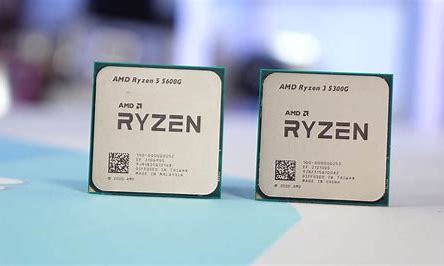
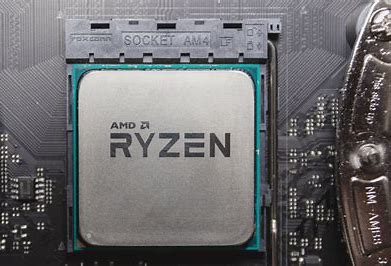
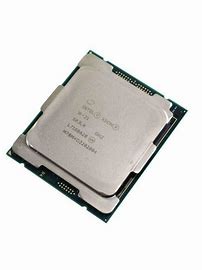
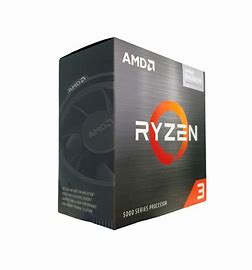
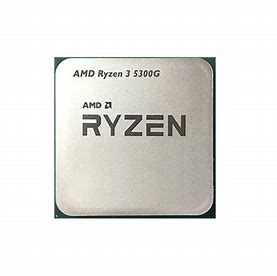
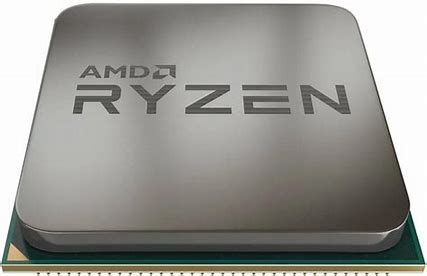
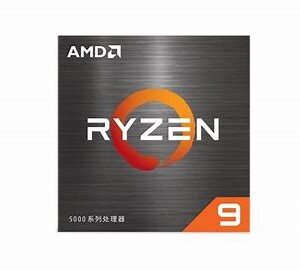
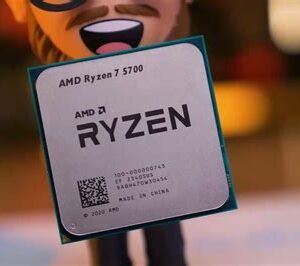
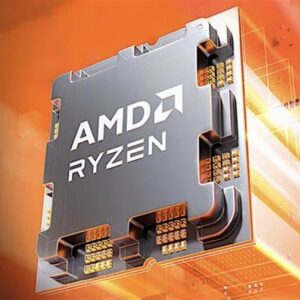
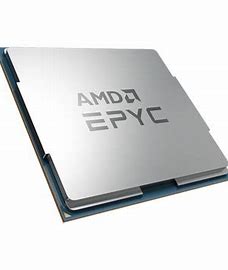
Reviews
There are no reviews yet.